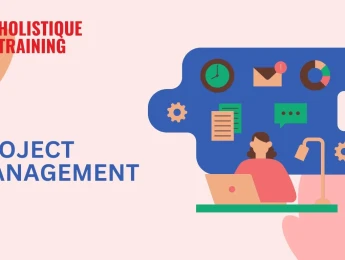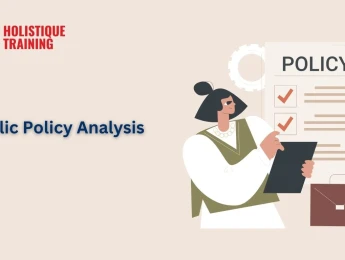As healthcare systems increasingly shift toward digital-first models, patient communication must evolve to be faster, more accurate, and continuously available. AI-powered medical chatbots are transforming how healthcare providers engage with patients—offering real-time support, triage assistance, appointment management, and symptom guidance with reduced administrative load.
This course introduces participants to the design, deployment, and ethical considerations of AI chatbots in clinical and outpatient environments. Learners will explore natural language processing (NLP) applications, chatbot platforms, and integration strategies with electronic health records (EHRs). Through practical labs and real-world examples, this course equips professionals to build and manage effective chatbot solutions that improve patient engagement while ensuring safety and compliance.
By the end of this course, participants will be able to:
- Understand the role of AI chatbots in modern patient communication.
- Identify key use cases for chatbots in clinical and non-clinical settings.
- Design chatbot conversations using medical-specific NLP models.
- Integrate chatbots with scheduling, triage, and data management system.
- Address challenges related to accuracy, empathy, privacy, and consent.
- Apply regulatory and ethical standards in AI-powered patient tools.
- Build a roadmap for implementing or scaling chatbot solutions in healthcare.
This course is ideal for:
- Healthcare administrators and digital transformation officers.
- Medical informatics and health IT professionals.
- UX designers and developers in healthcare tech.
- Clinicians and nurses involved in patient triage or communication.
- AI product managers and startup teams in MedTech.
- Public health professionals exploring scalable communication tools.
The course blends theory with applied practice through guided workshops, live chatbot design exercises, tool demonstrations, and healthcare-specific case studies. Participants will analyze chatbot performance, test conversation flows, and develop safe, user-friendly, and regulatory-compliant implementations.
Day 5 of each course is reserved for a Q&A session, which may occur off-site. For 10-day courses, this also applies to day 10
Section 1: Introduction to AI Chatbots in Healthcare
- What are medical chatbots? Definitions and types.
- Current applications: triage, follow-ups, reminders, symptom checking.
- Benefits: scalability, accessibility, patient satisfaction, cost reduction.
- Limitations and risks: miscommunication, overreliance, empathy gap.
- Case studies: Successful chatbot deployment in hospitals and clinics.
Section 2: NLP and Dialogue Design for Medical Contexts
- Natural Language Processing (NLP) in healthcare: basics and tools.
- Training chatbots with medical-specific datasets and language models.
- Designing conversation flows: empathy, clarity, safety prompts.
- Handling complex questions, escalations, and uncertainty.
- Workshop: Build a chatbot scenario for appointment booking and FAQs.
Section 3: Integration and Functionality
- Linking chatbots to EHRs, scheduling systems, and portals.
- AI-powered symptom checkers and triage logic.
- Chatbots for chronic condition monitoring and medication adherence.
- API integration, platform selection, and backend considerations.
- Demo: Designing a prototype chatbot connected to patient records.
Section 4: Compliance, Ethics, and Patient Safety
- Ensuring data privacy (HIPAA, GDPR) and secure handling of health info.
- Bias in medical NLP models: risks and mitigation.
- Consent mechanisms and transparency in chatbot interactions.
- Addressing liability, false positives, and human-in-the-loop safeguards.
- Building patient trust in AI-driven communication.
Section 5: Implementation Strategy and Evaluation
- Identifying implementation goals and KPIs (e.g., response time, satisfaction).
- Training clinical and admin teams to work alongside chatbots.
- Piloting, feedback collection, and iteration cycles.
- Future trends: multilingual chatbots, emotion detection, voice assistants.
- Final exercise: Present an AI chatbot strategy for your healthcare setting.
Upon successful completion of this training course, delegates will be awarded a Holistique Training Certificate of Completion. For those who attend and complete the online training course, a Holistique Training e-Certificate will be provided.
Holistique Training Certificates are accredited by the British Accreditation Council (BAC) and The CPD Certification Service (CPD), and are certified under ISO 9001, ISO 21001, and ISO 29993 standards.
CPD credits for this course are granted by our Certificates and will be reflected on the Holistique Training Certificate of Completion. In accordance with the standards of The CPD Certification Service, one CPD credit is awarded per hour of course attendance. A maximum of 50 CPD credits can be claimed for any single course we currently offer.
- Course Code PI2 - 125
- Course Format Classroom, Online,
- Duration 5 days










